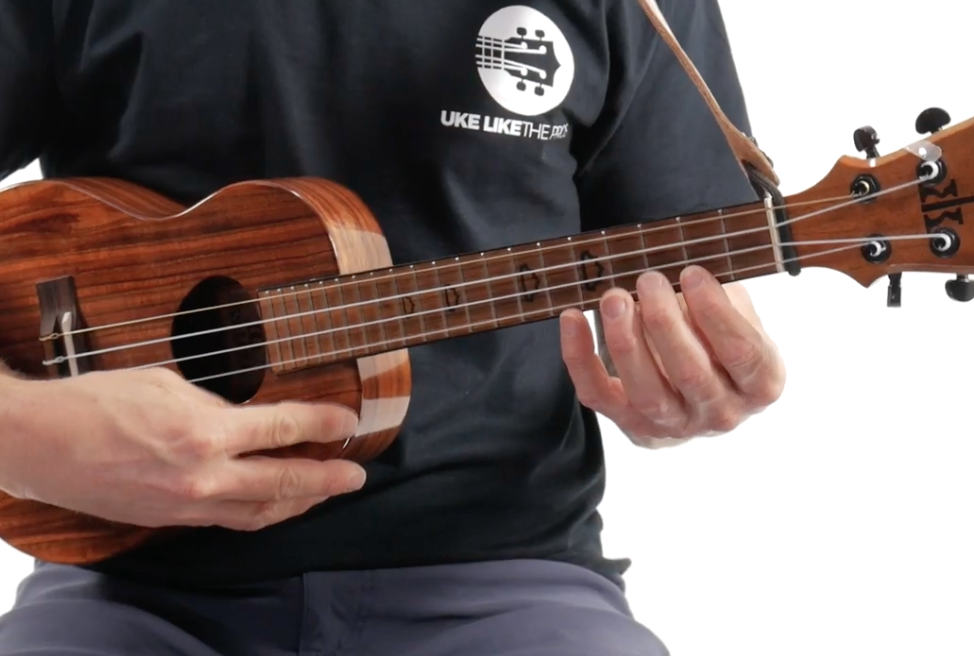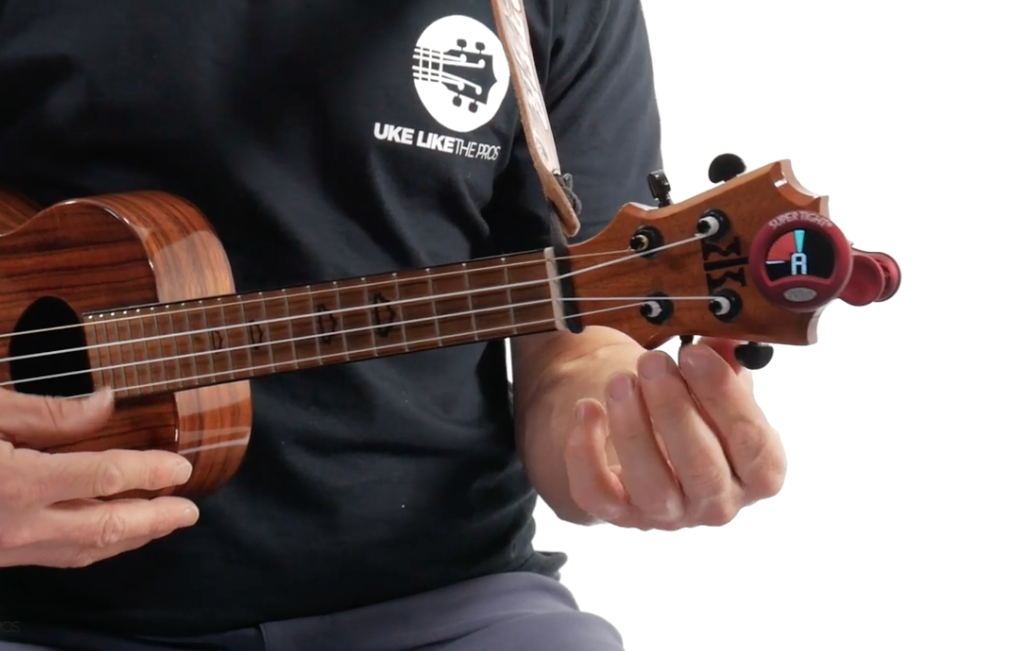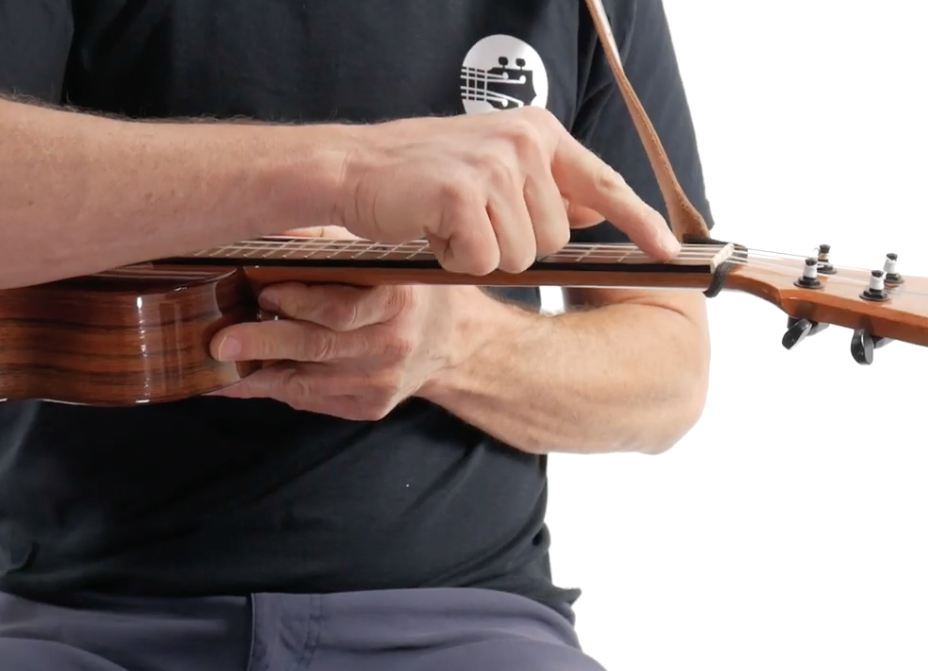Buzzing, Slipping, Squeaking? Let’s Fix That Uke
May 15, 2025
Whether you’re new to the ukulele or a seasoned strummer, unexpected buzzing, squeaking, or slipping can ruin your groove. Fortunately, these issues are usually fixable with a few simple tweaks. Let’s dive into the five most common uke problems—and how to fix them fast.
1. The Dreaded Ukulele Buzz
That annoying buzz when you strum a chord often comes from improper finger placement. Make sure you’re pressing the string with your fingertips—not the pads—and keep your knuckles rounded for a clean tone.
Also, check your positioning. Your fingers should land just behind the frets, not directly on them. Combined with relaxed hand posture, this helps eliminate those unwanted vibrations and gives your chord shapes clarity.

2. Tuning Troubles? Let’s Clear It Up
Staying in tune is non-negotiable. Use a quality clip-on tuner or app, and make sure each string registers the correct note: G, C, E, and A. If your tuner reads A♯ instead of A, you’re already off-key.

Don’t just aim for “close enough.” Tune until the needle or indicator is dead center on the correct pitch. It makes a world of difference in how your ukulele sounds when strummed or picked.
3. Strings That Stretch Forever
New strings, especially fluorocarbon or nylon, can take days to settle. Speed things up by gently pulling on each string an inch or two after tuning. Repeat several times to reduce how often it slips out of tune.
Do this regularly after installing new strings. Tune, stretch, strum hard, and tune again. With this routine, your strings will settle much faster, allowing you to play without constant re-tuning.
4. High Action Woes
If your ukulele feels tough to play or your fingers get sore quickly, the action may be too high. That means the strings are too far from the fretboard, requiring more pressure than necessary to make clean notes.

High action also pushes your notes out of tune. If it’s too difficult to play, consider a setup at your local music store. A luthier can lower the saddle or file the nut for better playability and tone.
5. Humidity: The Silent Ukulele Killer
Ukuleles are sensitive to dry air. If humidity drops below 45%, wood can shrink, causing cracks or sharp fret ends. Even in mild climates like San Diego, sudden dry spells can do real damage.
Protect your uke with a humidifier, such as the Boveda 49% pack. It balances moisture levels and helps prevent warping. Also, grab a digital hygrometer to monitor your storage space for peace of mind.
Quick Fix List: Must-Haves for Ukulele Maintenance
-
Clip-on tuner or tuning app
-
String stretcher (or your hands!)
-
Ukulele humidifier (e.g., Boveda 49%)
-
Digital hygrometer
-
Local luthier or setup service
Wrapping It Up: Play Better, Worry Less
From buzzes to humidity damage, most uke issues are totally preventable. A little attention and care go a long way. Plus, consistent tuning and a good setup can transform your experience and boost your confidence.
So, the next time your ukulele squeaks, slips, or buzzes—don’t panic. Remember these tips, make a few adjustments, and get back to strumming with a smile. Happy playing!
See available ukuleles at Terry Carter Music Store
Master the Ukulele at Uke Like The Pros
Master the Guitar at Rock Like The Pros

